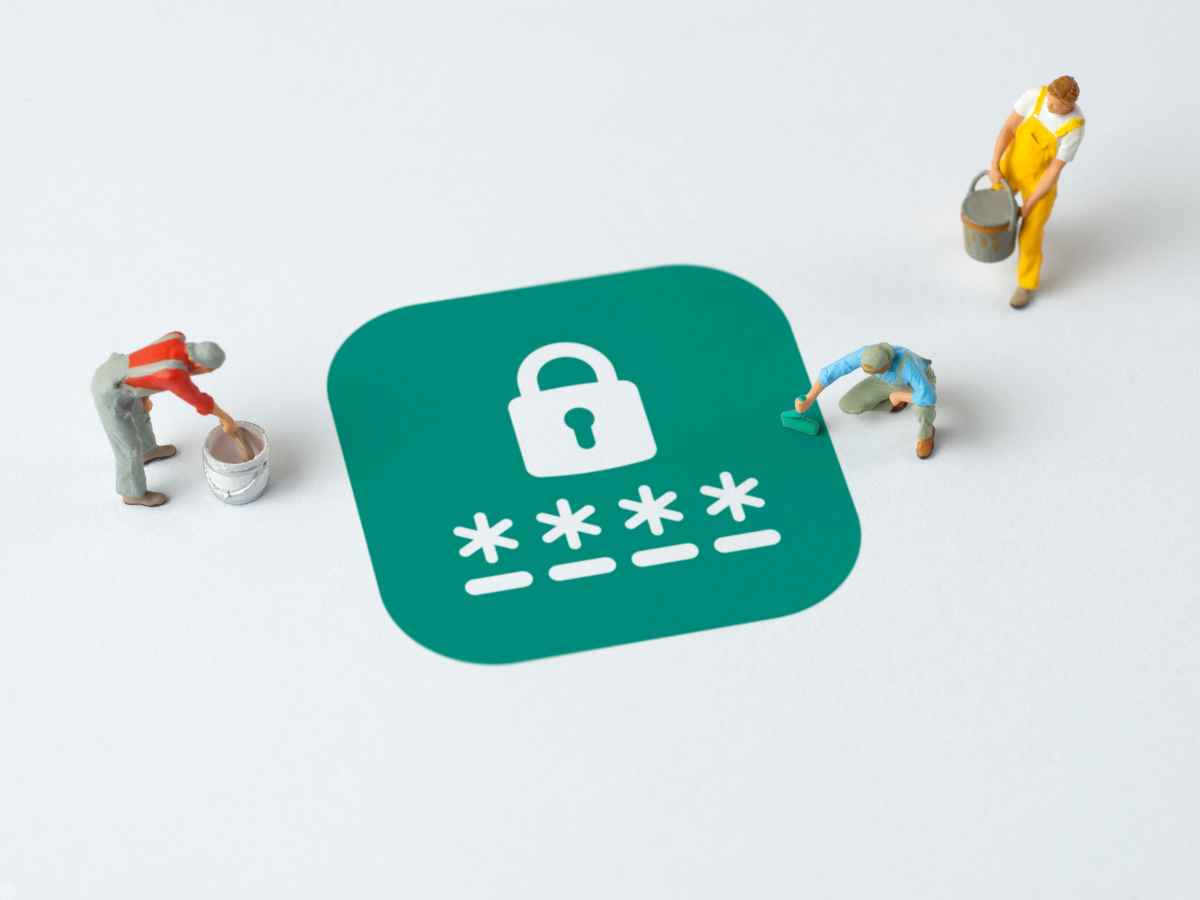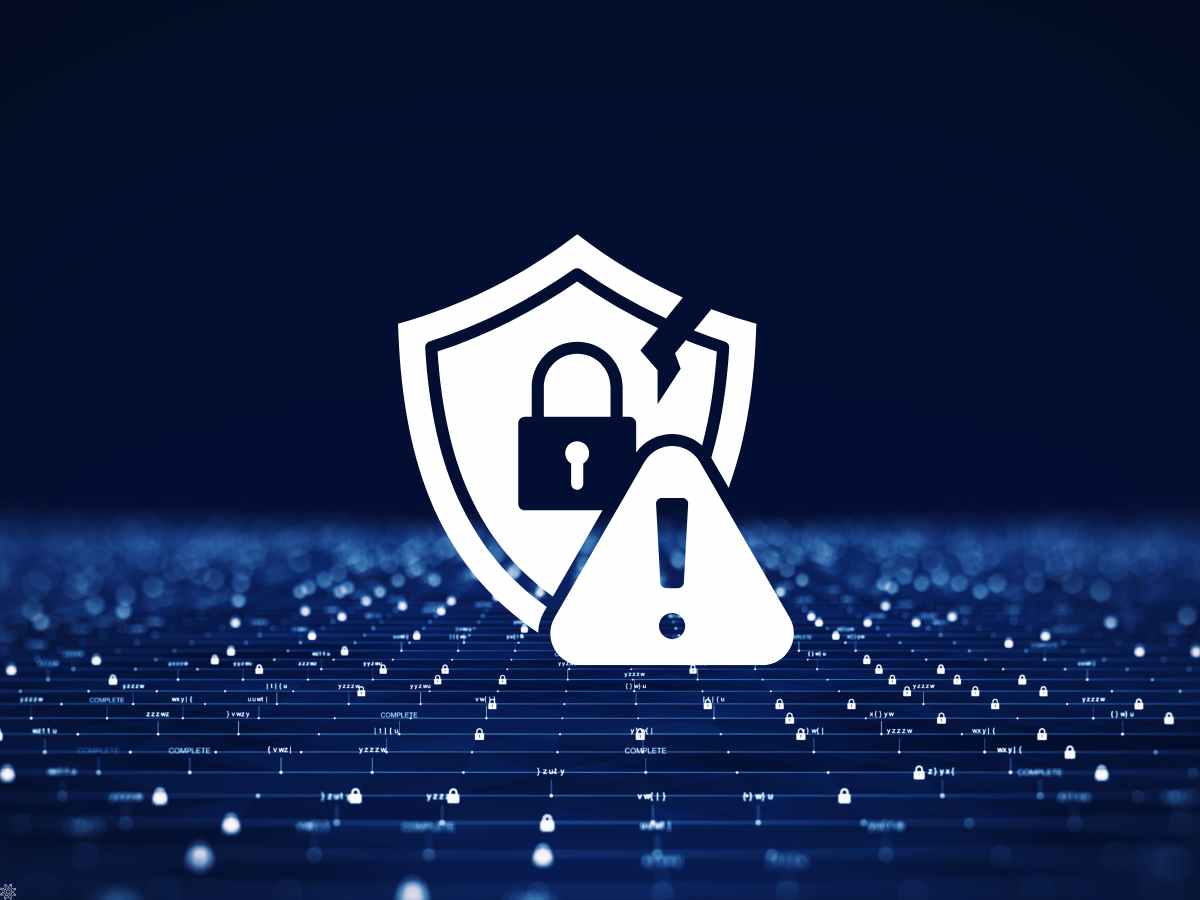The popularity of OnlyFans makes it a frequent, though not so easy, target for cybercriminals who seek to exploit users. These attackers try to hijack accounts to steal payments from fans, extort the account owner for ransom, or leak private photos.
However, in a hilarious turn of events, a group of hackers who were about to rejoice in getting their hands on a goldmine of OnlyFans users’ credentials turned to become prey to more sophisticated hackers. The tool they used for breaching OnlyFans accounts turned out to be malware, serving wannabe attackers with an instant dose of karma.
A hacking forum user successfully duped its peers by uploading a malicious tool called “checker,” researchers at cybersecurity firm Verti discovered. Veriti stated, “These checkers are the digital lockpicks of the modern age, promising easy access to a treasure trove of sensitive information and potential financial gain.” In this case, the checker would allow someone not only to validate the stolen credentials, but also check account balances.
However, this checker encased a LummaC2 stealer, a sophisticated piece of malware capable of siphoning sensitive details from a victim’s computer. Lumma is a sophisticated malware-as-a-service that employs advanced techniques to evade detection by security software. It can steal a wide range of sensitive data, including two-factor authentication codes, cryptocurrency wallets, and passwords. Lumma is also capable of installing additional malware on compromised systems. This means that instead of sifting through a pile of stolen credentials, at least some wannabe hackers downloaded the supposed checker, had their own login details exposed, and may have even ended up losing their funds as LummaC2 mostly targets crypto wallets.
This event serves as a stark reminder that in the vast cyber ocean, even the smaller fish can fall prey to the larger, more malicious predators. It’s a call to arms for all internet users, and even hackers themselves, to be more vigilant and proactive in their cybersecurity measures.






